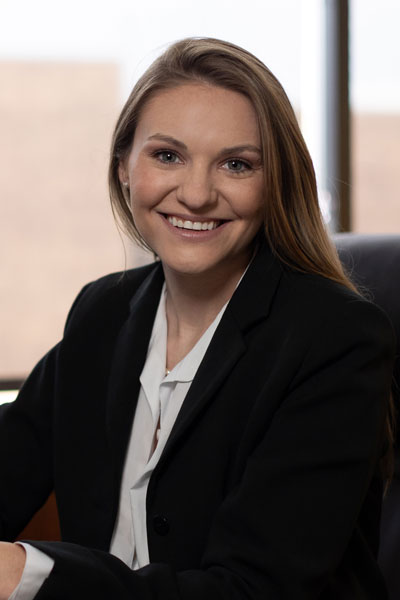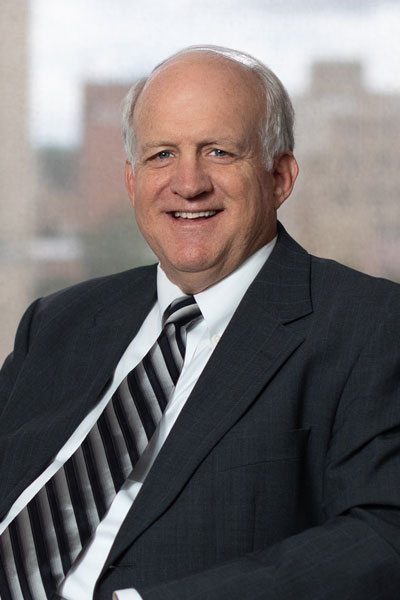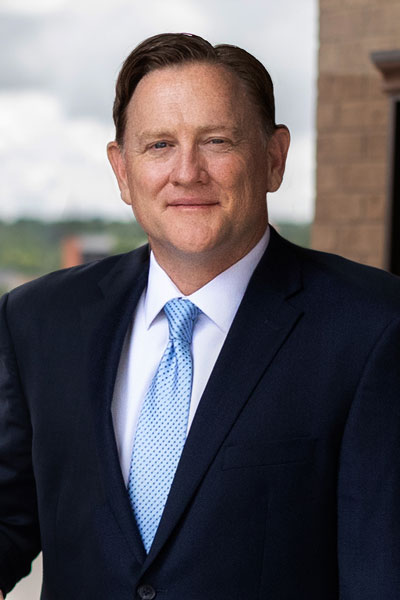Many trusts remain active several decades after inception, and they need to be revised to continue to function well. Usually, a lawsuit is required to change the trust terms.
- District Court Jurisdiction
District courts have original and exclusive jurisdiction over trust proceedings. Venue is typically in the county where the trust is being administered. - Necessary Parties
The necessary parties include the current trustee and all current beneficiaries. Contingent beneficiaries are not necessary parties, nor is the settlor of the trust, if still living. If there are charitable beneficiaries, notice to the Texas Attorney General is required. - Standard for Modification
When all parties consent to the modifications, the court should grant them if they are not inconsistent with a material purpose of the trust. If the parties disagree about the modifications, then the standard normally becomes either (1) whether the revisions are needed because of circumstances not known to or anticipated by the settlor or (2) whether the revisions would prevent waste or avoid impairment of the trust’s administration. - Attorney’s Fees
Parties who are successful in getting trust terms modified are usually awarded their attorney’s fees from the assets of the trust - Client Advice
Clients should seek counsel when attempting to revise trust terms, as court intervention is normally required.
















